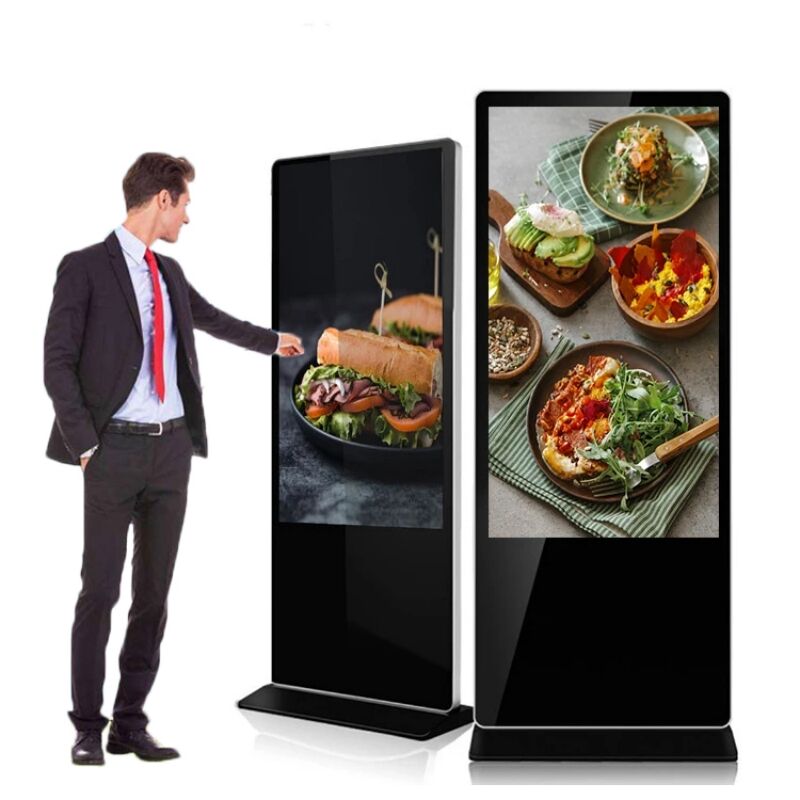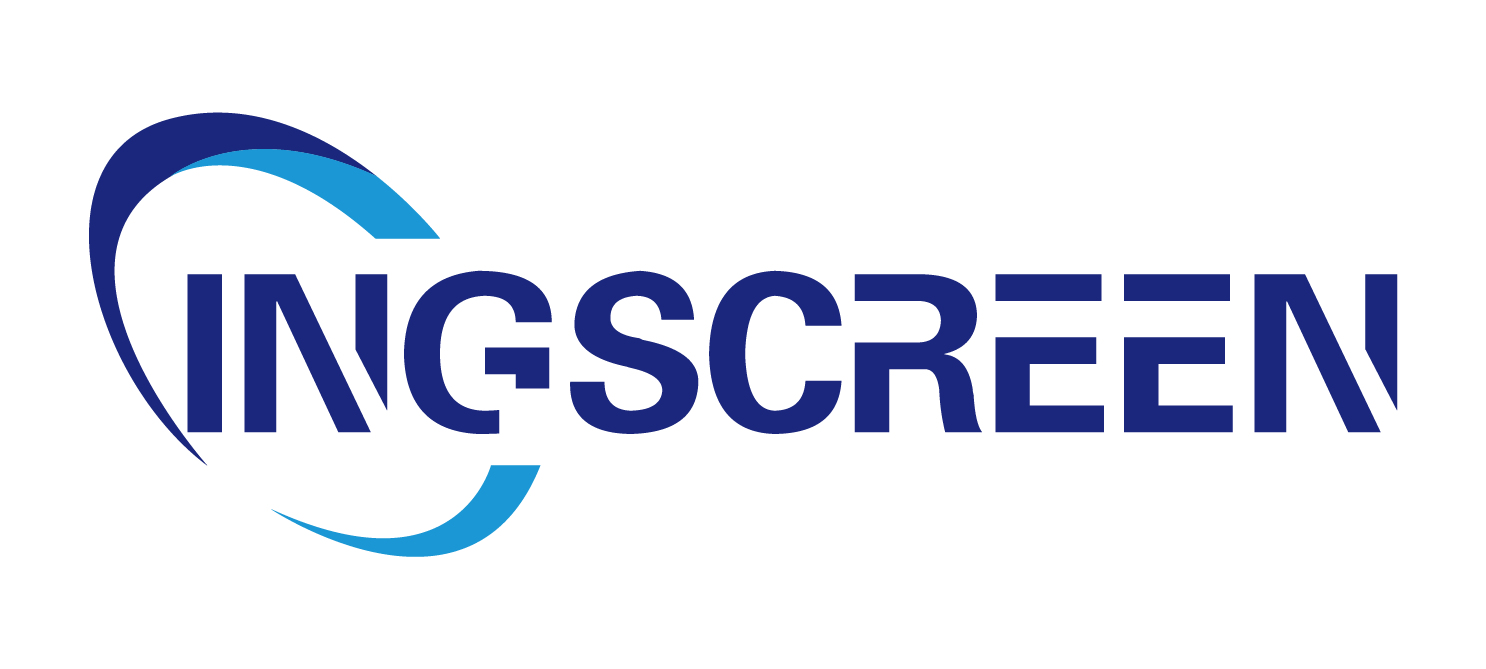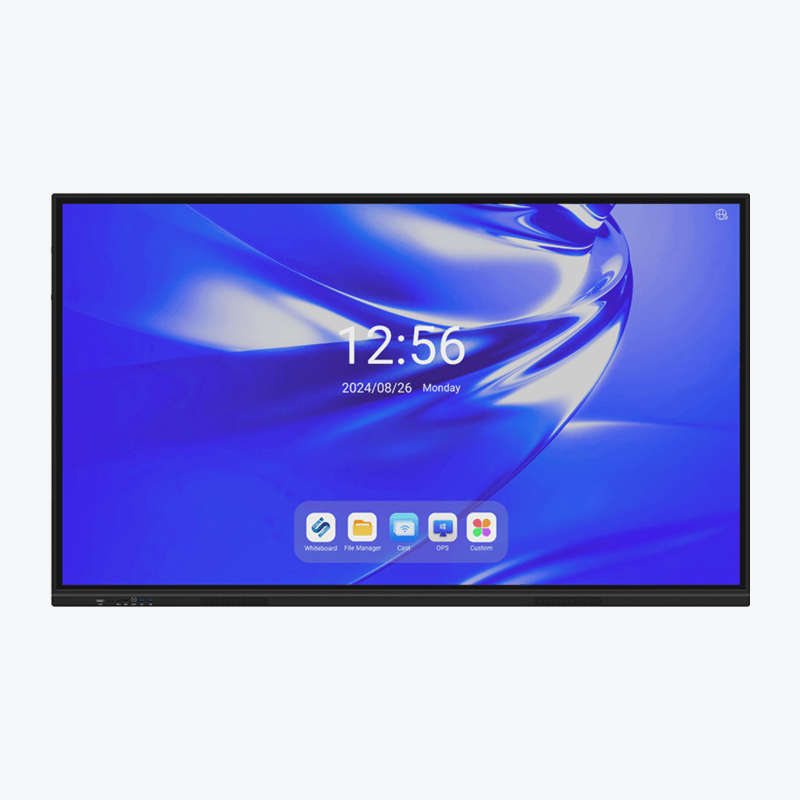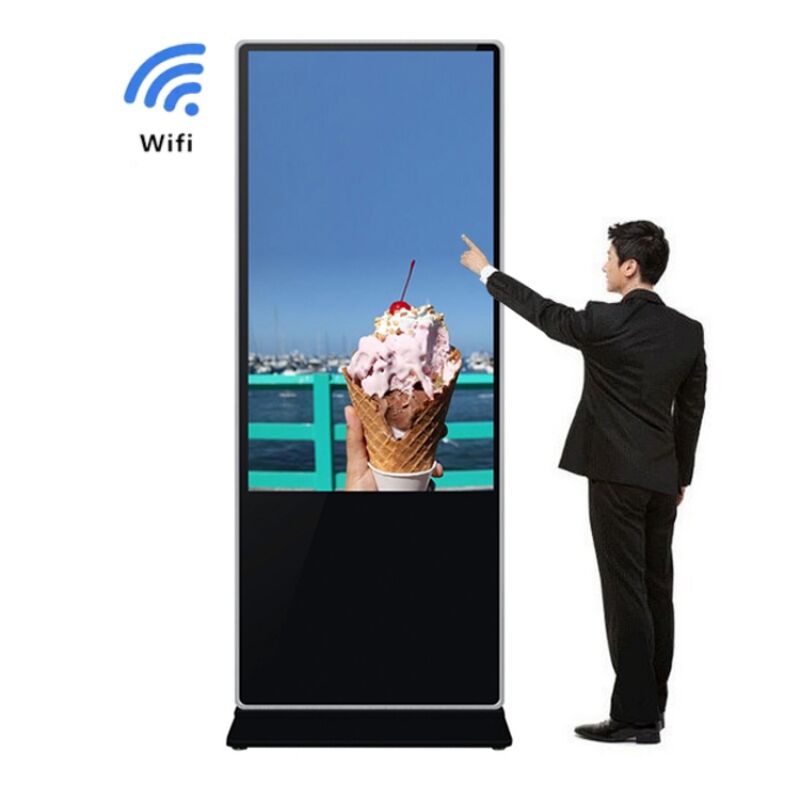Evaluating Industry Experience and Expertise
Assessing Supplier Track Record in the Kiosk Marketplace
A bio is especially critical for kiosk suppliers. The number of years a contractor has served and the history behind its projects can tell a lot about a supplier’s commitment and reliability. By way of example a long-established supplier with a number of successful installations with well-known brands can usually be classified as being reliable and having market knowledge. It helps to evaluate partnerships they have developed and especially established retailers or service providers are worth looking at – because those partnerships are an indicator for their competence and their trustworthiness. Furthermore, combing through customer feedback and existing online reviews can still provide you with some indication of how satisfied customers are with the products, and how reliable the supplier is as a whole. This is critical to understand if they will satisfy the customers, have the right project management and face the issues head on when they come up.
Design and Engineering Capabilities for Custom Solutions
When choosing a kiosk vendor, does their design and engineering capabilities for bespoke solutions come under scrutiny? Here is when the supplier’s design capabilities complete a wide variety of customization and more creative solutions. An investigation of their manufacturing facilities, like used technology and the volume of production, is necessary in order to know whether they can handle certain project requests. It’s also worthwhile looking at previous examples of bespoke solutions they have implemented for other customers to better understand their flexibility and creativity. Examining these examples can help shed light on how they are able to customize kiosks to meet the specific demands of businesses—be that through cutting-edge design elements, unique technology roll outs, or scalable applications designed for specialized markets.
Validating Certification and Compliance Standards
It is imperative to validate certification and standards of compliance of a supplier in order to determine that it meets quality and safety criteria. Start off by listing a number of important qualifications needed by supplier in kiosk industry Check if the supplier achieved these certs. Meeting local regulations and industry requirements is more than obeying the law; it demonstrates the supplier’s commitment to high standards of operation. Knowing how these certifications affect the safety and reliability of a product can help to assess the durability and long-term operational viability of the kiosks. A provider who is current with the latest certifications often goes the extra mile to be ahead of the curve in offering goods that are not only safe and reliable, but also meet the newest regulatory requirements.
Essential Support Services for Long-Term Success
On-Site Installation and Logistics Management
Effective Kiosk Deployment requires a well managed on-site implementation and logistics process. Understanding the flow, as well as any logistics management that might be relevant, is key to ensuring kiosks can be delivered and set up with ease. Companies that do a good job coordinating the delivery and set-up and provide on-site training are often an easier transition for a business to make. Ask for a general time frame of how long on average it takes to get a system installed. Such transparency leads to minimal downtime in business and working of kiosks.
Technical Support and Preventative Maintenance
Technical support and preventative maintenance matter when it comes to the life and performance of self service kiosks. Service respondents need to differentiate between the different "Levels" of support the vendor can offer and should understand support response times and availability including all of the technical support the provider can offer. If you do make sure those things happen, satisfaction can be boosted into the stratosphere. And the best preventative maintenance programs keep the kiosk working. One of the greatest value of user case studies is that they can demonstrate how our suppliers' technical support services work in practice in a variety of conditions.
Software Updates and Remote Monitoring
Common software updates and efficient remote monitoring are essential to ensuring the functionality of a kiosk. Knowing the mechanics of how these processes function, especially patch scheduling and applying of security patches, it demonstrates a supplier's focus on security and productivity. Remote kiosk monitoring can provide considerable value by monitoring kiosk performance and flagging issues in a timely manner to minimize downtime. Software updates enable remote monitoring to drastically improve the continued user experience of the secure, efficient and friendly kiosks.
Ensuring Regulatory Compliance and Security
Adherence to Local and Industry-Specific Regulations
Regulations compliance is fundamental to how kiosks operate for sure...local license requirements and operational obligations, above all else. Local ordinances routinely impose unique requirements for licensure that can impact how these kiosks are placed and operated. Compliance with these regulations goes a long way to avoid stiff penalties and a simpler way of doing business. For example, some local laws haven resulted in major disruptions and financial losses for businesses in parts of the country. Ensure to stay up-to-date on these laws to avoid these types of problems and to maintain a business climate that is predictable.
Data Protection Protocols for User Transactions
Secure data protection principles should be implemented in order to protect consumer data during transactions. Kiosk operators should also strictly observe the legal options under data protection laws such as the General Data Protection Regulation (GDPR) for the protection of user data. Cost of a Data Breach Data breaches can be costly, with the average global cost being about $3.86 million. Strong encryption measures combined with a real-time monitoring of the kiosks could be adopted to prevent downtime, but also to win back the trust users have lost.
Vandal-Resistant Hardware and Access Control
Vandal-proof hardware and advanced access control are essential factors in providing kiosks protection from physical and electronic dangers. Some such features may involve tamper-proof or otherwise tamper-resistant enclosures that keep the internal components secure from unauthorized access. It's also possible to prevent security breaches by incorporating access control with biometric authentication and secure login protocols. As an example, a number of businesses have reported that kiosks with reinforced outer casings and built-in security cameras have significantly reduced vandalism loss. Adopting these innovations will keep kiosks both secure and functional across a range of settings.

Analyzing Case Studies and Client Testimonials
Reviewing Successful Deployments in Your Sector
Reviewing the successful implementations in your industry will show you best practices, and reasons why. Success stories may uncover key metrics of achievement such as higher customer interaction, or more optimized transactions. These are real-world examples illustrating how businesses have tackled the challenges of kiosk integration. Some of the common themes that we often hear are solid software platforms, rugged hardware solutions, and excellent post-implementation maintenance. Testimonials by clients using the same kiosks give a better perspective of what to expect – growth figures and roadblocks. You can learn from others, get a sense of the use in the field and adapt some best practices to make your own.
Evaluating Post-Installation Support Effectiveness
Feedback about after-sales support is also very important and helpful in evaluating the suppliers effectiveness against your requirements. Levels of support are available in the form of basic support, advanced support and updates. How effective are these type of supports Quotas,call volume and the level of satisfaction of the customers in solving a problem. For example, companies with 24/7 support and rapid replacemnt of parts are better than ones that have restricted support. These less noisy clients experience up to 30% fewer operational issues and significant improvements in both uptime and user satisfaction. This loop indicates the importance of comprehensive assistance.
Lessons Learned from Challenging Implementations
A close read of the case studies of difficult kiosk rollouts is a treasure trove of examples. It is quite often the result of poor planning or inadequate installation management, or lack of support. These thought-provoking examples show us the value of a well-conducted pre installation survey, of appropriate end-user training, and of thorough compliance to regulation. In fact, ignoring these elements can result in expensive hiccups, say industry pros. Useful guidance indicate that, successful partnerships with seasoned suppliers who View the offering not as a product but a service in its entirety. We can prepare more effectively to help ensure that our deployments will succeed in the future by taking lessons from the past.
Future-Proofing Your Kiosk Investment
Adaptability to Emerging Payment Technologies
Survival in a fast changing digital environment means that payment kiosk must be compatible with new payment systems. Mobile wallets, contactless payments, hell even cryptocurrency are beginning to transform the way consumers think and behave. This in turn means retailers need kiosk solutions that allow for multiple payment options so they can appeal to a broader base of customers. Industry reports estimate contactless payments will achieve a 20.3% CAGR from 2021 to 2028, driving the need for kiosks to be flexible. Implementing flexible payment capabilities can improve the customer experience, and increase kiosk utilization rates, making this investment a future-proof one.
Scalability for Multi-Location Rollouts
Scalability is a key issue to consider when looking at deploying simply kiosks, particularly for companies that will be expanding, adopting chapters in other locations. This refers to a product’s capability to scale, regardless of the additional load/usage and still run optimally. For example, a vendor delivering scalable kiosks can support easy migration to additional sites with the same customer experience. Many of the case studies proved out success, like retail where a scalable kiosk facilitated a seamless transition into new EXPOSUREmarkets and new opportunities for reach and profitability. Companies who choose scalable solutions can easily manage their growth and keeping disruption and cost at a minimum.
ROI Analysis for Custom Configurations
Evaluating the ROI on custom kiosk configurations is crucial to understand the financial justification for a deployment. Again KPIs like faster transactions, happier customers and lower running costs would be tested. An illustrative example is a fast food restaurant that, by tailoring kiosks to fit the brand, had a 30% increase in customer traffic, which illustrates the possibility of ROI for tailored solutions. Through careful consideration of these factors, companies can develop a strategy that not only makes investments based on sound business logic, but customizes their kiosk configurations to support overarching business goals, and to produce and measure concrete financial returns.
FAQ Section
What factors should I consider when evaluating kiosk suppliers?
Consider the supplier's industry experience, design and engineering capabilities, certification and compliance standards, as well as post-installation support services and their track record in client testimonials and case studies.
How can I ensure the durability of my kiosk investment?
Ensure the supplier provides products that comply with the latest certification standards, offers technical support and preventative maintenance, and equips kiosks with vandal-resistant hardware and robust access control measures.
What should I look for in kiosk customization?
Evaluate the supplier's ability to offer a comprehensive range of customization options to meet your unique business needs, including advanced design features and adaptable technology deployment.
How can I ensure regulatory compliance for my kiosks?
Work with suppliers who adhere to local licensing, industry-specific regulations, and data protection protocols to avoid legal complications and maintain seamless operations.
Why is scalability important in kiosk deployments?
Scalability allows businesses to expand across multiple locations without a drop in performance, ensuring consistent customer experiences and facilitating smooth market transitions.




